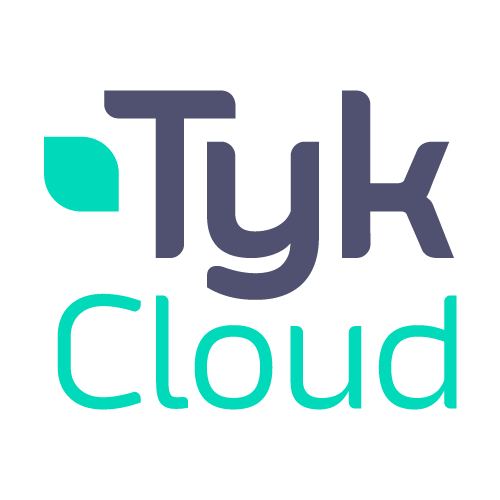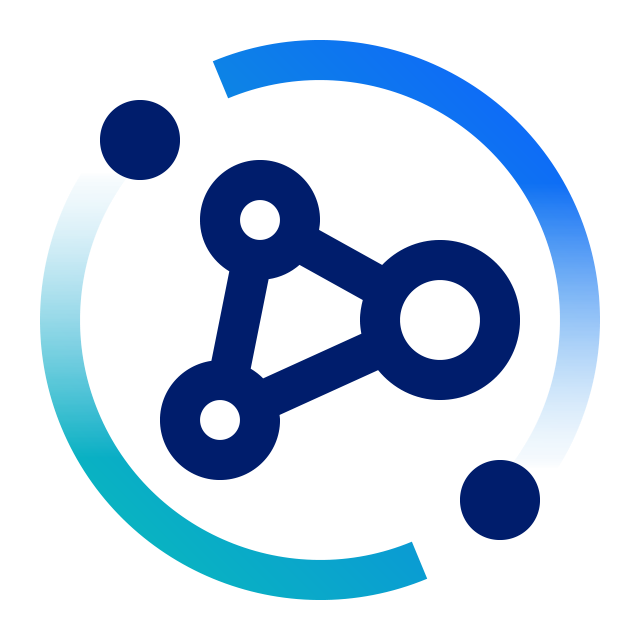
Overview

Product video
Tyk SaaS is a fully managed API Management Solution that is the most flexible APIM solution available. This allows you to work the way you want to and not have to alter your approach to meet the rigidity of tooling. Tyk enables you to build a composable platform that integrates with your current technology stack through an open standards approach. Security is provided by our native capability to connect through OAuth while extending into API governance through OPA and OpenTelemetry for observability. Tyk has native support for open standards and can be deployed within our SaaS environment, Hybrid or Self-Managed environment within your AWS estate. Tyk is compatible with any API type, OAS, GraphQL, gRPC, AsyncAPIs, REST and SOAP. Our latest capability, Tyk Streams, allows you to expose, manage and monetise real-time event streams and asynchronous APIs, connecting through Kafka.
Highlights
- The most flexible API Management solution available both in deployment methods and support for API types which means that you can use Tyk to fit your existing people, processes and technology to save time and cost in deployment along with ongoing management. This also supports the ease of operation when deployed, reducing delivery times.
- Can be deployed in any environment, anywhere which means that you can add Tyk into your estate and connect multiple systems across multiple regions, yet manage within one single system. This means that as your estate and your business grow, you can have complete control over your API estate from one single location allowing for simplicity of management.
- Open standards led approach to API Management and Governance allowing you to maximise the investment in the Enterprise tooling you have within your current estate. This means that you can literally have the leading technology for individual tasks all connecting and interacting together through Tyk resulting in the highest level of information accuracy and operational excellence possible.
Details
Introducing multi-product solutions
You can now purchase comprehensive solutions tailored to use cases and industries.
Features and programs
Buyer guide

Financing for AWS Marketplace purchases
Pricing
Dimension | Description | Cost/12 months |
|---|---|---|
Tyk Cloud - Core | For plan details see https://tyk.io/pricing/ | $25,000.00 |
Tyk Cloud - Core | For plan details see https://tyk.io/pricing-cloud/ | $25,000.00 |
Vendor refund policy
n/a
Custom pricing options
How can we make this page better?
Legal
Vendor terms and conditions
Content disclaimer
Delivery details
Software as a Service (SaaS)
SaaS delivers cloud-based software applications directly to customers over the internet. You can access these applications through a subscription model. You will pay recurring monthly usage fees through your AWS bill, while AWS handles deployment and infrastructure management, ensuring scalability, reliability, and seamless integration with other AWS services.
Resources
Vendor resources
Support
Vendor support
AWS infrastructure support
AWS Support is a one-on-one, fast-response support channel that is staffed 24x7x365 with experienced and technical support engineers. The service helps customers of all sizes and technical abilities to successfully utilize the products and features provided by Amazon Web Services.



FedRAMP
GDPR
HIPAA
ISO/IEC 27001
PCI DSS
SOC 2 Type 2
Standard contract
Customer reviews
A powerful and flexible API gateway for scalable architectures
Another significant benefit is its hybrid and open-source friendly design—you can deploy Tyk on-premise, in the cloud, or in hybrid environments, all without being tied to a specific vendor ecosystem. The documentation is comprehensive, and the platform handles scaling exceptionally well, even when managing a large volume of requests.
Furthermore, the analytics module would benefit from having more built-in visualizations, as it currently depends somewhat on external tools. While these issues are not critical, there is definitely potential to enhance usability, especially for newcomers.
Additionally, Tyk has boosted our developers' productivity by making it easier for our team to expose microservices rapidly, all while ensuring consistent policies and governance are maintained. Its stability and scalability have minimized downtime and contributed to more predictable and secure deployments.
Effective API Management, But Complex Setup
The best APIM solution we were able to find
- Truely On-Premise and open source option without any "phone home mechanisms" (other vendors tend to push their Cloud/Hybrid solutions)
- Very easy to set up on Kubernetes
- Excellent choices of technologies which fit our existing tech stack (e.g. Postgres, Keycloak, Redis)
- Config as code ("Tyk Operator")
- Portal highly customizable via custom themes
- Well designed and intuitive UI (we found other solutions to often have overloaded UIs and/or a worse UX)
- Fair pricing
- Amazing communication and interactions with Tyk people, highly professional processes and materials
- In general a very well thought out solution
A very good api management platform
Ease of use and quick turn around
Sometimes I observed that the latest version has features that dont work .. they need to do better in making sure all the previous features work in the new versions.